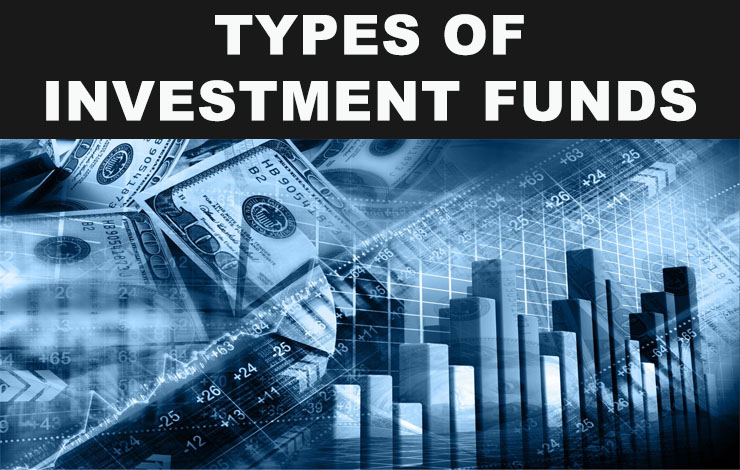In the intricate landscape of investing, funds emerge as a versatile and accessible avenue for individuals seeking to participate in various markets and asset classes. As of 2023, investment funds have evolved into a diverse array of options that cater to different risk appetites and financial goals.
This article delves into the world of investment funds, shedding light on their various types and providing a humanized guide to selecting the most suitable fund for your investment journey.
Understanding Investment Funds: What Are They?
Before we embark on our exploration, let’s demystify investment funds. In 2023, an investment fund is a pooled capital vehicle that gathers funds from multiple investors to collectively invest in a diversified portfolio of securities. These funds are managed by professionals, making them an attractive option for those seeking exposure to various markets without the need for direct management.
Different Types of Investment Funds
Investment funds come in various flavors, each tailored to specific investment objectives. In 2023, common types include mutual funds, exchange-traded funds (ETFs), index funds, hedge funds, and real estate investment trusts (REITs), among others. Each type carries unique characteristics and strategies.
Mutual Funds: Embracing Diversification
Mutual funds are a staple in the investment landscape. In 2023, these funds pool money from investors to invest in a diversified portfolio of stocks, bonds, or other securities. They offer ease of access and diversification, making them suitable for investors seeking broad exposure.
ETFs: Blending Flexibility and Affordability
Exchange-traded funds (ETFs) have gained popularity for their tradable nature. In 2023, ETFs track specific indexes or asset classes and are traded on stock exchanges. They offer flexibility, real-time pricing, and cost-efficiency, making them appealing to both novice and seasoned investors.
Index Funds: Mirroring Market Performance
Index funds aim to replicate the performance of a specific market index. In 2023, these funds offer a passive investment approach, mirroring the ups and downs of the market. They are designed for investors who seek market returns without active management.
Hedge Funds: Navigating Alternative Investments
Hedge funds cater to accredited investors and employ diverse strategies. In 2023, these funds can engage in alternative investments like short selling, leverage, and derivatives. They often aim for absolute returns, making them suitable for more sophisticated investors.
REITs: Real Estate Exposure
Real Estate Investment Trusts (REITs) offer exposure to the real estate market. In 2023, these funds invest in income-generating properties, such as commercial real estate or residential developments. They provide an opportunity to diversify into real estate without direct ownership.
Choosing the Most Suitable Investment Fund
Selecting the right investment fund requires careful consideration. In 2023, factors such as risk tolerance, investment goals, time horizon, and level of involvement should guide your choice. Consider seeking advice from financial advisors and conducting thorough research to align your choice with your financial aspirations.
What did we learn in this article?

What have we learned
Investment funds open doors to diverse markets and strategies, catering to a spectrum of investors. In 2023, understanding the various types of funds empowers you to align your investments with your objectives. From mutual funds’ diversification to ETFs’ tradability and hedge funds’ alternative approaches, the world of investment funds is a vast landscape to explore.
By assessing your risk appetite, conducting due diligence, and seeking expert guidance, you can embark on a rewarding investment odyssey that aligns with your financial journey and aspirations.
